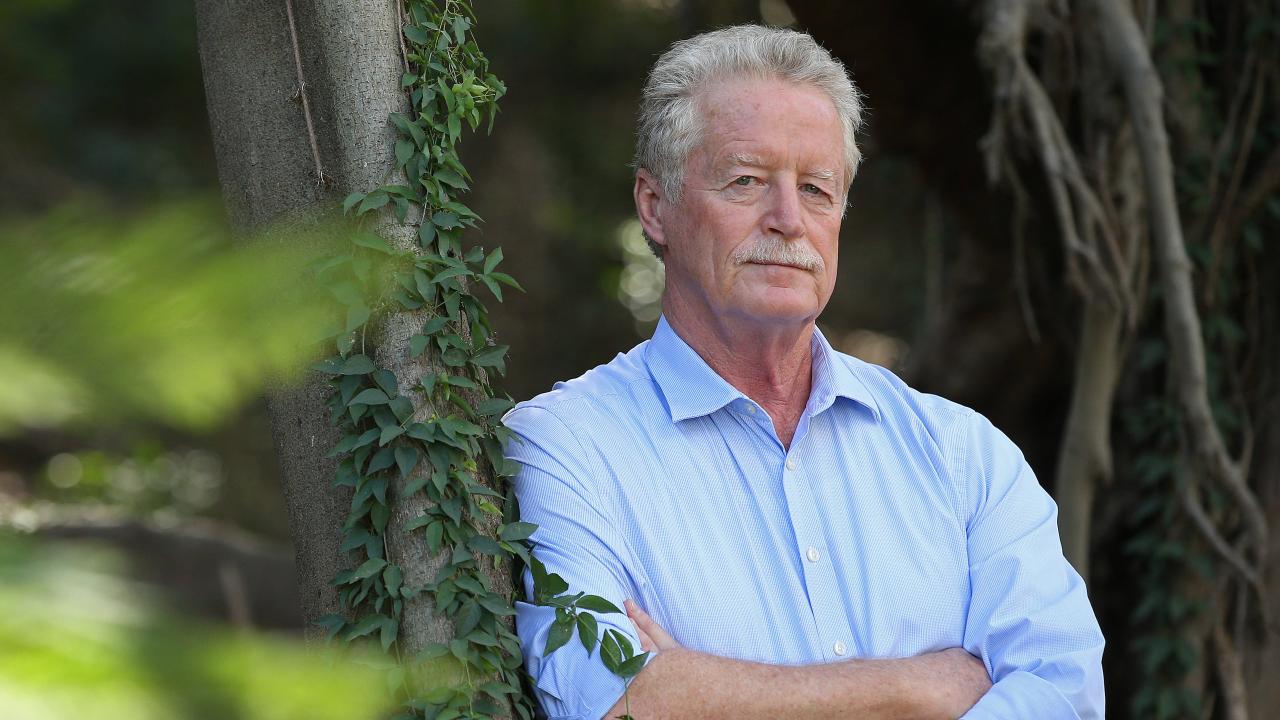
Australian officials have been involved in confidential talks with the US aimed at heading off a formal trade dispute over the confiscation by NSW of US-owned assets worth $131 million.
Unless the affair is resolved, Australia could come under pressure from the Trump administration to agree to international arbitration aimed at forcing the federal government to compensate US investors.
Three-way talks over the affair took place within the past two weeks and involved representatives of the federal and NSW governments and the US.
Federal Trade Minister Steve Ciobo was asked about the phone conference with the Americans before he left yesterday for talks in the US. His spokesman said the minister had nothing to say.
The affair threatens to embarrass NSW Premier Gladys Berejiklian, who leaves today to join Mr Ciobo and Malcolm Turnbull for discussions with US officials.
The three-way talks were aimed at addressing growing concern in Washington over the way the government of one of Ms Berejiklian’s predecessors, Barry O’Farrell, expropriated a coal exploration licence from a mining company, NuCoal Resources, that is part-owned by US institutions.
NuCoal chairman Gordon Galt said the latest talks were the result of a confidential letter from the US to the federal government.
“We understand the three affected parties, Australia, NSW and the United States, were all parties to the latest discussions,” he said.
“They have now gone away to seek counsel from their bosses.”
Mr Galt said he was aware the NuCoal expropriation would be raised during talks between US governors and Ms Berejiklian. “We are also pushing hard for it to be raised at the Trump-Turnbull level,” he said.
Mr Galt had provided a briefing on the affair for a US senator, who raised it with Australia’s ambassador to the US, Joe Hockey.
“I expect that at least one and possibly three US governors will raise this matter at the talks,” he said.
Before the expropriation, NuCoal had been valued at about $400m and US institutions owned 30 per cent of the company.
After the expropriation, NuCoal’s capital value fell to about $20m. Once interest is added to the value of the lost asset, NuCoal estimates its shareholders are owed a total of $437m.
On NuCoal’s figures, US institutional investors are owed $131m while the company’s Australian shareholders are owed $306m.
The US investors have complained to their government that the expropriation breaches a treaty that guarantees American assets will not be taken by Australia unless this is done with due process of law and is followed by prompt and adequate compensation.
They believe the conduct of the NSW government has placed Australia in breach of its free-trade agreement with the US.
The O’Farrell government cancelled NuCoal’s licence using special legislation that banned legal challenges, prevented the payment of compensation and was based on accusations of wrongdoing by others, not NuCoal.
The expropriation had been based on a report by the NSW Independent Commission Against Corruption that had examined the way in which the former Labor government had issued several coal exploration licences.
NuCoal, which was not a party to ICAC’s inquiry, obtained its licence 14 months after it had been issued when it bought the original licenceholder, Doyles Creek Mining.
No accusations of wrongdoing were ever made against NuCoal.
At the time of the expropriation, the findings in ICAC’s report had not been tested in court.
Last week, the NSW parliament was told the report had ignored evidence given in secret by former Labor premier Nathan Rees. It instead had relied upon inconsistent testimony that Mr Rees gave at a public hearing conducted by ICAC, parliament was told.
The O’Farrell government accepted ICAC’s recommendation that the licence should be expropriated but rejected an associated recommendation that innocent parties should be compensated for losses caused by the expropriation.
As well as stripping NuCoal of its exploration licence and absolving itself of liability, the O’Farrrell government required NuCoal to give the government — without compensation — all the exploration data it had assembled.
The NuCoal affair has long been a cause of concern to the American Chamber of Commerce in Australia.
Two years ago, the US business group had talks on the affair with officials from the Department of Foreign Affairs and Trade and referred it to the office of the US Trade Representative.
After the talks with DFAT, the former chief executive of AmCham Australia, Niels Marquardt, told The Australian the NuCoal expropriation was “a ticking time bomb”.
Mr Marquardt is a former US consul general in Sydney.
Chris Merritt
Legal Affairs Editor
(WTF) Used with permission
